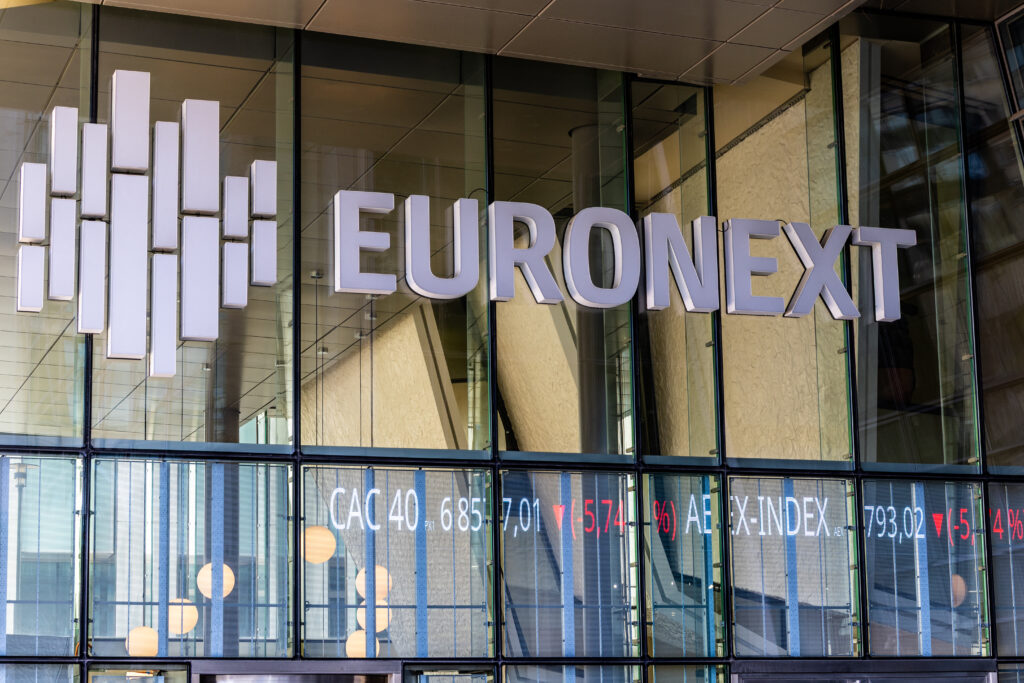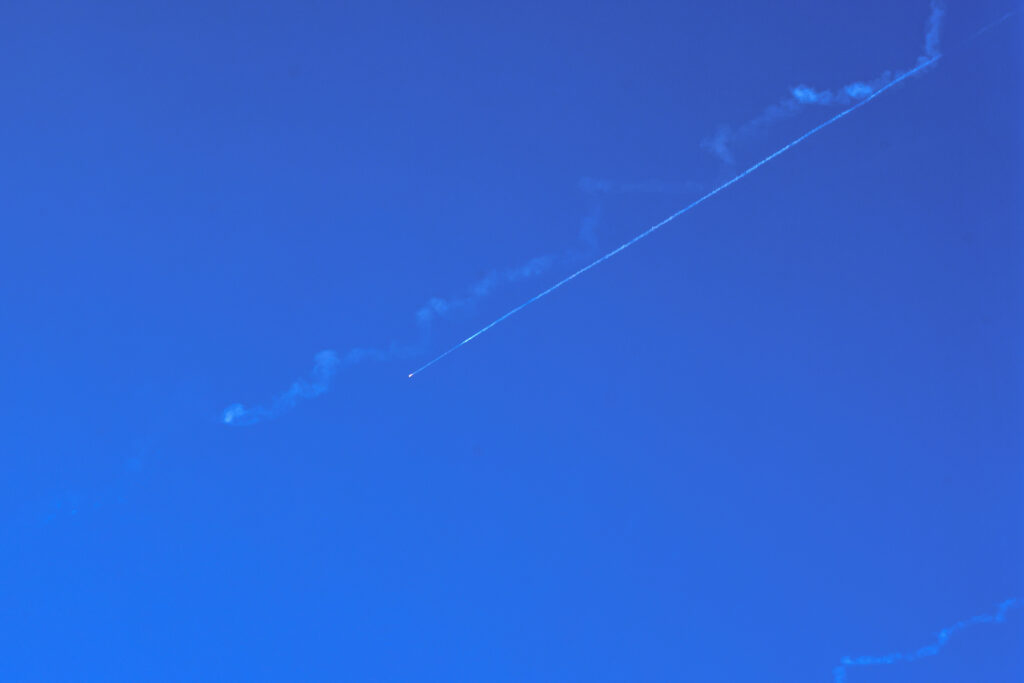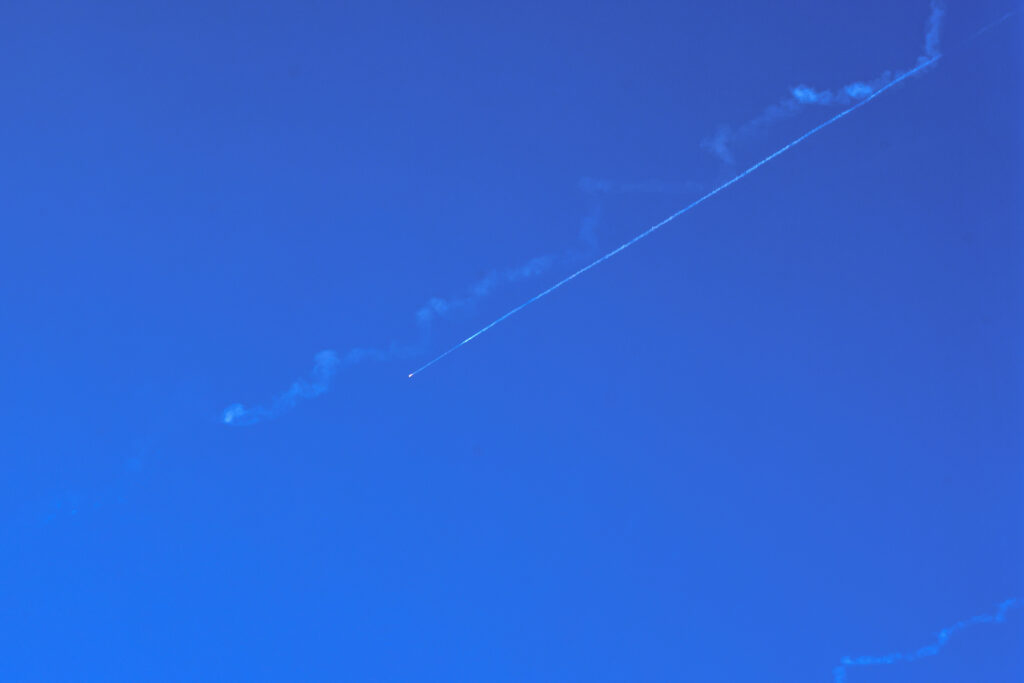Tous dans la Seine en été ? Après les JO, le pari d’une propreté durable
Baignade dans la Seine, acte II: un an après les athlètes olympiques, c’est bientôt au tour du public de plonger dans une eau que les autorités garantissent durablement dépolluée, mais dont la propreté reste soumise aux aléas climatiques.Parisiens et touristes pourront se rafraîchir à partir du 5 juillet dans trois sites aménagés sur les rives du fleuve parisien, où la maire de Paris Anne Hidalgo avait nagé un an plus tôt devant des journalistes du monde entier.Ce bain historique, trente-cinq ans après la promesse de l’édile de la capitale et futur président Jacques Chirac, marquait l’aboutissement d’années de travaux pour dépolluer la Seine et la Marne, son principal affluent. Un chantier engagé dans les années 1990 par le Syndicat interdépartemental pour l’assainissement de l’agglomération parisienne (Siaap) qui a investi plus de 9 milliards d’euros. Le “plan baignade” fut lancé dans son sillage en 2016, pour lequel l’Etat et les collectivités locales ont injecté 1,4 milliard d’euros, et que les JO ont permis d’accélérer. Objectif: limiter au maximum les rejets d’eaux usées sur le parcours du fleuve à travers la capitale dont la particularité est de disposer d’un réseau unitaire datant de l’époque d’Haussmann. Eaux usées et eaux pluviales s’y mélangent, et en cas de pluies abondantes, il n’y a pas d’autre solution que de les déverser dans la Seine, sauf à inonder les réseaux souterrains.- “Pas de Jour J” -Stations d’épuration modernisées, construction de bassins de rétention (dont celui d’Austerlitz et ses 50.000 mètres cubes de volume), raccordement au réseau d’assainissement des 255 bateaux parisiens… “Pour les JO, on avait dépollué la Seine aux trois quarts. Et l’eau était 100% bonne pour la baignade les jours de temps sec”, a expliqué à l’AFP le préfet de la région Ile-de-France Marc Guillaume.Avec les 2.000 nouveaux branchements aux réseaux d’assainissement opérés depuis, la Seine est désormais dépolluée en amont des sites parisiens à 80% de ce qui était attendu. Reste à engager les travaux en aval, dans l’optique d’ouvrir de nouveaux plans de baignade à la sortie de Paris, où les étés seront de plus en plus chauds. Cet été, le préfet prédit “à coup sûr” un succès populaire. En tablant sur une météo plus clémente que pendant les JO, où des précipitations record avaient donné des sueurs froides aux organisateurs: sur les 11 jours programmés pour les compétitions et entraînements en eaux libres, cinq seulement ont été autorisés.”Contrairement aux JO, cet été il n’y aura pas de jour J” avec une compétition à la clé, se rassure Marc Guillaume. Des drapeaux informeront sur la pollution et “si l’eau est impropre à la baignade, celle-ci sera fermée, sans doute le lendemain d’une forte pluie”, anticipe Pierre Rabadan, adjoint aux sports à l’Hôtel de ville.”On ne jette pas une pièce en l’air, on s’appuie sur des données scientifiques”, insiste l’élu auprès de l’AFP, rappelant qu’aucun athlète n’avait été incommodé après avoir plongé.L’eau sera analysée chaque jour par des sondes en instantané et des prélèvements en culture de l’Agence régionale de santé (ARS) pour connaître le taux de bactéries fécales Escherichia coli (E. coli) et entérocoques. Ces deux marqueurs de pollution bactériologique ne devront pas dépasser respectivement les 1.000 et 400 unités formant colonie (UFC)/100 ml, des seuils un peu plus élevés que pour les athlètes vu que le public s’attardera davantage dans l’eau.- Marqueurs “insuffisants” -Mais pour France Nature Environnement Ile-de-France, ces relevés restent “insuffisants”. Le Seine contient notamment “de nombreux virus pour lesquels il n’y a pas d’indicateur”, regrette Michel Riottot, président d’honneur de l’association.Hépatite, gastro-entérite, affections cutanées… Autant de pathologies qu’on risque d’attraper en avalant trop d’eau contaminée, s’inquiète auprès de l’AFP cet ancien ingénieur de recherche du CNRS qui a travaillé sur le microbiote intestinal.Il déplore aussi “l’absence de mesure de pollution chimique”.”S’il y a une pollution ponctuelle en amont, on est informé, donc on pourra prendre les mesures nécessaires”, rétorque Pierre Rabadan, faisant aussi valoir que le fleuve est aujourd’hui débarrassé de la plupart des polluants industriels. Preuve que la qualité de l’eau s’est améliorée: on recense 36 espèces de poissons en Seine contre seulement 4 en 1970, pointe le Siaap.Une avancée que la ville de Paris voudrait sanctuariser en dotant le fleuve d’une personnalité juridique, dans le cadre d’un mouvement mondial de reconnaissance de la nature qui a déjà attribué ce droit à plusieurs sites comme le fleuve Whanganui en Nouvelle-Zélande.






